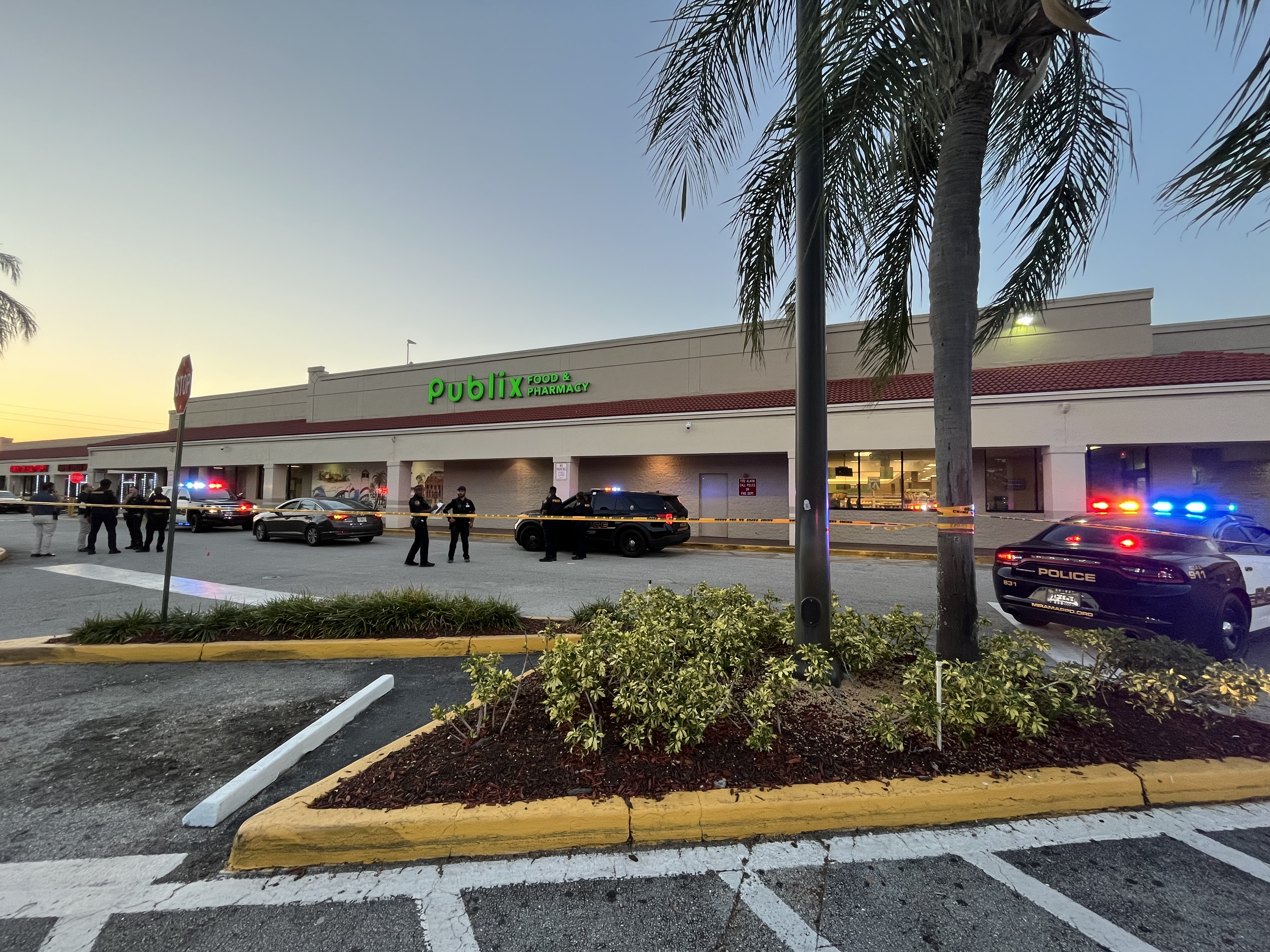The first breast milk depot in Broward County is officially up and running at a South Florida hospital.
The milk depot, located at Broward Health Coral Springs, aims to support and treat premature babies in the NICU as well as give breastfeeding mothers a place to donate milk.
Lactation Specialist Nichole Sailsbury said most milk banks across the country —including the Orlando-based Mothers' Milk Bank of Florida — are seeing a shortage in breast milk due to reasons related to the COVID-19 pandemic.
"Right now is a really important time for women to get involved, take their extra milk to a depot location so that we can get it to the milk banks, so that they can utilize it and distribute it across other hospitals," Sailsbury said.
Get South Florida local news, weather forecasts and entertainment stories to your inbox. Sign up for NBC South Florida newsletters.
NBC 6 Moms With A Mic Julia and Marissa Bagg spoke to Sailsbury to find out just how vital breast milk donations can be to saving a newborn's life, as well as how breastfeeding mothers can donate their milk.
Note: This interview has been edited for clarity.
Local
Q: Why is donor milk so important for babies in the NICU?
Sailsbury: Specifically in the NICU, it helps to protect that little gut they have. It’s very immature and we can help protect it against all sorts of GI infections.
While a baby is very vulnerable and susceptible, they’re working on other things like breathing or temperature and sugar instabilities. We want to make sure that their body isn’t trying to work harder to fight an infection that we could actually help prevent by providing donor milk to coat and support their gestational integrity.
Q: In your job as a lactation specialist, you have seen children do well with donor milk. Tell us about the successes.
Sailsbury: We've seen multiple babies, especially the really small ones, the ones that are maybe born 28, 29 weeks — those babies benefit the greatest because they're the most vulnerable. They’re the smallest, they’re the ones that are most fragile.
Sometimes a mom will have a lower supply in the beginning because of the stress of having a hospitalized baby, or the inability to put the baby directly on their skin or at their breast to nurse the baby, so we can see that sometimes there’s a delay.
To fill that gap between the time the mom is really able to get her milk supply flowing freely, enough to support her own baby, this donor milk program can help bridge that gap between the time the baby is born and starts needing that milk, and the time the mom is able to produce it on her own.
Q: There's sometimes some resistance from parents when it comes to donor milk. How do you respond to that?
Sailsbury: Sometimes, when we bring it to the parents and suggest that this might be a good treatment option for their baby, a lot of times the perception is almost like there’s a mom next door, in a room next door, who’s just sending their milk over. And you don’t realize that it’s an actual very strict, regulated industry where we know that the milk is treated, tested, pasteurized, and sent back to these babies.
It’s almost like there's this idea of just milk sharing, which is not what’s happening. It’s a much different scenario.
It's really educating the public to know that the milk bank depots are actually facilitating milk to the milk banks. Once there, it’s treated, tested, analyzed, pasteurized and distributed out to hospitals, so it can be fed and given to the babies in a safe manner
Q: And once that’s explained to the parents, do they likely opt for it?
Sailsbury: Yes, it’s still split. There are a lot of moms and parents who figure okay, they get the information and they understand that. And there’s still some hesitation with it, but we hope that with more education and community support and even having more depots around like this one, it will help bring awareness to it.
Q: If you’re a breastfeeding mom at home maybe and you’ve got some extra breast milk, what do you recommend?
Sailsbury: I recommend first contacting the Milk Bank of Florida, and their website is milkbankofflorida.org. Go there and there’s very clear instructions on how to become a registered donor.
It starts off with a very informal phone interview. Then there’s a questionnaire online, then there’s some back and forth between the milk bank and your healthcare providers to make sure that you are a nonsmoker in good health, ready to donate milk. And then it’s a matter of getting your donor ID card, some bloodwork is sent, but there’s no cost to the donor, no monetary cost. There is the cost of your time, because it is a gift of your time that you donate, but outside of that, that’s the best place to start —going directly to their website.



